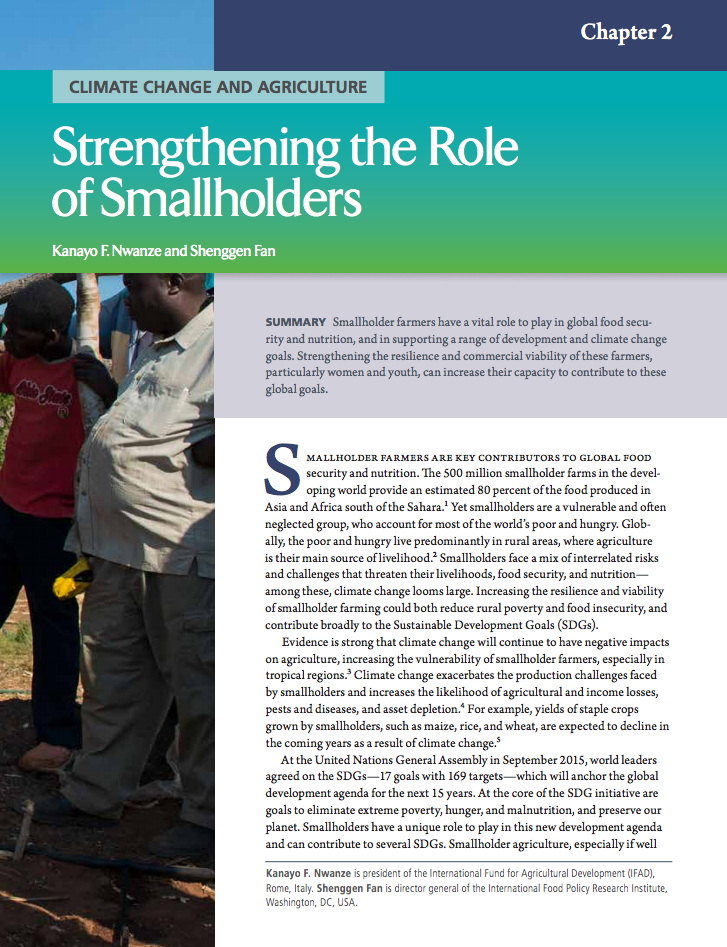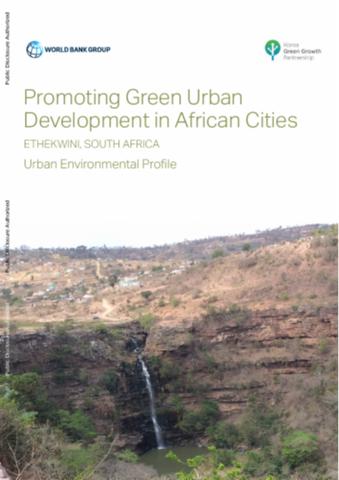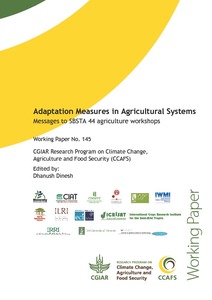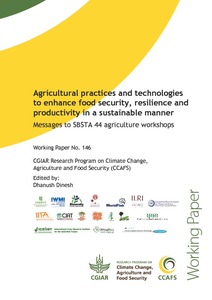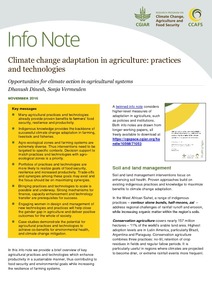Emissions Overview tool
This user instruction guide provides detailed description of the Emissions Overview On-line Tool, which is part of the AFOLU Emissions Analysis Tools aimed at supporting Member Countries in improving their national capacity to address UNFCCC reporting requirements and to design climate policy actions (i.e. GHG Inventories, Nationally Appropriate Mitigation Actions – NAMAs – and Nationally Determined Contributions – NDCs) for the agriculture, forestry and other land use (AFOLU) sector.

